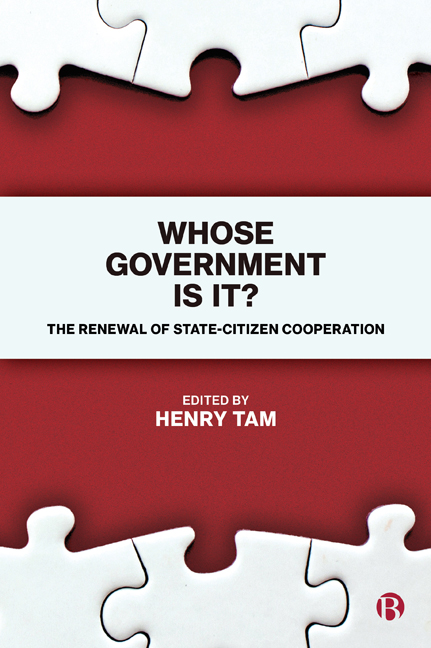6 - Lessons From Democratic Innovations
Published online by Cambridge University Press: 27 April 2022
Summary
In telling ourselves the story of democracy, we refer to heady principles of political equality and popular control. But the extent to which either of these principles is enacted in democracy as a practice is open to question. Social and economic differentials across society have a significant bearing on citizens’ capacities to effect political change. As our societies become ever more unequal, so too does the distance from the ideal of democracy. For those committed to forms of participatory democracy, the cognitive dissonance between the principles and practice of democracy is unacceptable.
Various strategies for democratising the practice of democracy find their expression in contemporary politics. The promotion of democratic innovations – institutions designed specifically to increase and deepen the participation of citizens in the political decisions that affect their lives – is one such strategy that sits alongside complementary tactics such as associative democracy, basic income, reform of campaign financing, regulation of media ownership and the like.
We have enough evidence to know that democratic innovations can be effective in engaging and mobilising citizens in ways that have significant effect on political decision making and outcomes. We can point to Ireland, where the recommendations from the Irish Convention on the Constitution that ran from late 2012 to early 2014 and included both randomly selected citizens and selected politicians led to a national-level referendum that amended the constitution to introduce marriage equality (Elkink et al, 2017; Suiter et al, 2018). The Irish Citizens’ Assembly, which followed in the Convention's wake in 2016, led to changes in the constitutional status of abortion, again following a popular vote. Alternatively, we can look to Latin America, where there is strong evidence that participatory budgeting (PB) across a number of municipalities has been effective in reversing longstanding differentials in participation. The broad mobilisation of disadvantaged groups, especially the poor, has led to more equitable redistribution of public goods and improvements in social wellbeing in areas such as health care and infant mortality rates (Baiocchi, 2003; Wampler 2007; Touchton and Wampler, 2014).
However, we need to be careful about the claims that we make about the current practice of democratic innovations. The tendency – as I have just done above – is to pick out exemplary cases; to focus on success stories. Such examples show us what is possible through participatory processes.
- Type
- Chapter
- Information
- Whose Government Is It?The Renewal of State-Citizen Cooperation, pp. 91 - 108Publisher: Bristol University PressPrint publication year: 2019



